Optimizing Bone Health: Decrease Risk of Low Bone Density and Fractures
Prevention is key for bone health – as with many health issues. Bone density peaks around age 30. For most people after that, it steadily decreases with age. This even starts in the womb. Mom’s calcium and vitamin D levels influence bone density later in life, as does breastfeeding. During childhood and young adulthood building a “bone bank” through adequate nutrition and weight bearing exercise is key to developing maximum peak bone density. But, it’s never too late to start with healthy changes. Maintaining good bone health can decrease the rate of bone loss and maintain quality of the bones, and there are many factors that play a role in this.
Food
Nutrition plays a big role in bone health. Calcium is often the first thing people think about, and though calcium is important it can be overdone. Too much calcium, especially if it is not balanced with magnesium and vitamin K can build up on artery walls. Also, don’t rely on dairy – there is minimal link between dairy and bone health.
Try the foods in this list from the University of Wisconsin to promote bone health instead.
| Onion family | Fennel | Parsley |
| Arugula | French beans | Pomegranate |
| Broccoli | Garlic | Prunes |
| Celeriac | Leeks | Red Cabbage |
| Chinese cabbage | Lettuce | Turmeric |
| Cucumbers | Mushrooms | Wild garlic |
| Dill | Oranges & other citrus | Soy (whole soy foods) |
Too much of certain things can have a negative impact on your bones as well – so keep it to less than one alcoholic drink per day, and minimize cola and caffeine (except for tea) and don’t take more than 3000 iu of vitamin A. Limit animal protein intake as well. The theory is that animal protein causes our blood to be slightly acidic, and to neutralize this effect our body steals calcium out of the bones. Eat plenty of vegetables and fruit. A high vegetable to animal diet ratio seems to be protective against bone loss.
Vitamins and Minerals
Make sure you get adequate vitamin D. Vitamin D helps your body absorb calcium properly. Living in this area of the Northeast, we’re unable to make enough through the sunlight. Talk to your doctor about your levels and supplements.
Vitamin K, an important balance with calcium, is required for the activation of the hormone that tells our body to build bone. Consider supplementing with vitamin K2 45-100mcg. Magnesium helps keep the bones flexible. Try taking 400-800mg before bed. Talk to your doctor first if you are on blood thinners or if your magnesium dosage causes loose stools. Vitamin C, B vitamins, Potassium, and Zinc are all likely to be important as well.
Exercise
Benefits of exercise are seen at all age groups. Walking, other weight bearing exercise, and resistance training are all helpful. Vigorous walking at more than 3.8 miles per hour shows better benefit.
Smoking
Another reason to quit! Smoking increases fracture risk by as much as 40% compared to non-smokers.
Preventing Falls
The ultimate goal of prevention of bone density treatment is to avoid fractures, so preventing falls is a very important aspect of bone health. Exercise decreases fall risk and it maintains strength and coordination. Tai chi has been shown to reduce falls by improving balance.
Try these other tips from the Mayo Clinic to also help prevent falls:
1. Talk to your doctor about your medications – some medications could cause dizziness
2. Wear sensible shoes – avoid floppy slippers or shoes
3. Remove tripping hazards – remove throw rugs that slip or stick up
4. Make sure areas are well lit – use night lights
5. Use assistive devices when necessary – like grab bars
Getting Your Bone Density Checked
Overall women have a higher risk of developing problems with low bone density because they have a lower peak bone density. Men with certain medical conditions or taking certain medications may be at higher risk too. Getting your bone mineral density checked is recommended if you are a woman over 65 years of age, or have the same fracture risk as a woman over 65. You can calculate your fracture risk using this tool. https://www.sheffield.ac.uk/FRAX/.
Bone density is checked with a test called a DEXA scan. Bone density in the hip and lower spine are the areas of the body that are X-rayed and then compared to a healthy 30-year-old of the same sex and given a score, called at T score. The more negative the number, the less dense the bones. Osteoporosis is diagnosed with a T-score lower than -2.5.
Medication might be right for you if you have osteoporosis. Talk to your doctor about this or any questions you have about your bone health or getting your bone density tested with a DEXA scan.

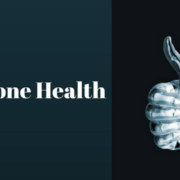

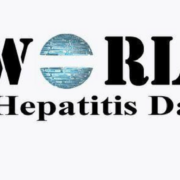

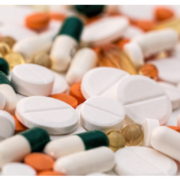
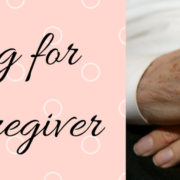

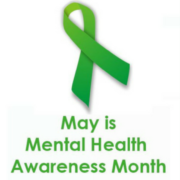




Leave a Reply
Want to join the discussion?Feel free to contribute!